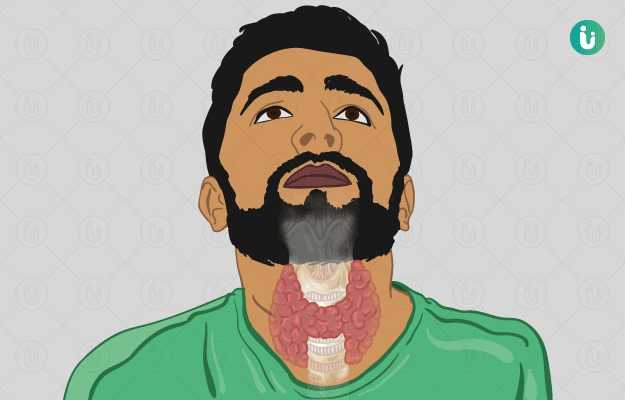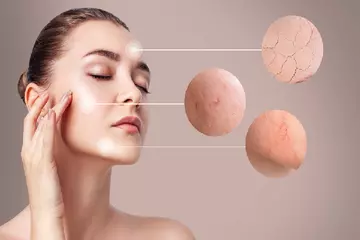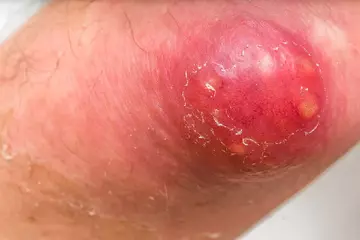The thyroid is a butterfly-shaped gland present in the throat below your Adam’s apple. It helps in the regulation of various body functions.
The thyroid gland produces two hormones, T4 (thyroxine) and T3 (triiodothyronine) which are maintained by the thyroid-stimulating hormone (TSH). Any fluctuation in the levels of thyroid hormones is captured by the level of TSH in your blood: in the absence of thyroid hormones, the levels of TSH spike, and in the presence of extra hormones, the levels of TSH drop.
Thyroid dysfunction in the body could either be hypothyroidism or hyperthyroidism.
- In hypothyroidism, there is reduced production of thyroxine hormone in the body. This slows down the metabolism resulting in weight gain and intolerance to cold.
- In hyperthyroidism, there is excess production of thyroxine hormone in the body which speeds up the metabolism resulting in weight loss and intolerance to heat.
- Autoimmune thyroiditis, also known as Hashimoto’s thyroiditis, Hashimoto’s disease and chronic lymphocytic thyroiditis, is the third type of thyroid dysfunction which occurs when the immune cells mistakenly attack the thyroid gland. This attack by the body’s own immune system damages the gland, thus the gland becomes inefficient at making the thyroid hormone, resulting in hypothyroidism.
The symptoms of autoimmune thyroiditis are similar to that of hypothyroidism:
- Weight gain
- Fatigue
- Cold intolerance
- Joint pain
- Hair loss
- A person with autoimmune thyroiditis may also present with goitre
Hashimoto’s thyroiditis is diagnosed with the help of thyroid function test, thyroid ultrasound and antithyroglobulin antibody test.
The treatment of autoimmune thyroiditis depends on how much of the gland is damaged by the immune cells. The treatment usually involves the intake of synthetic thyroid hormone, levothyroxine, to maintain the levels of thyroid hormone in the body.
(Get online doctor consultation for any health issue)

 Doctors for Autoimmune thyroiditis (Hashimoto's disease)
Doctors for Autoimmune thyroiditis (Hashimoto's disease)  OTC Medicines for Autoimmune thyroiditis (Hashimoto's disease)
OTC Medicines for Autoimmune thyroiditis (Hashimoto's disease)
















































